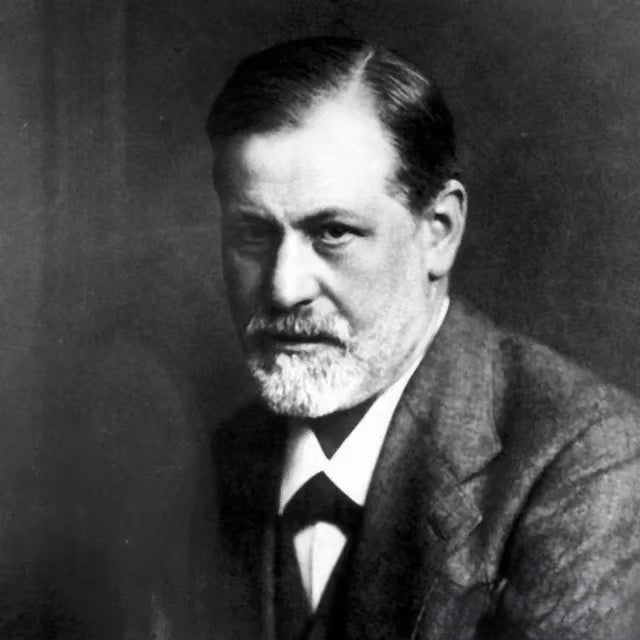
Repetition Compulsion
Share
Are the people you like or fall in love with always of the same type?
Do they share traits similar to your parents?
Do you find that whenever your career is about to take off or you’re making progress, failure suddenly strikes?
When things are about to succeed, do you consciously or unconsciously lead them to fail?
When you’re about to start a good life, does a close relationship emerge, only to fail and disrupt the good things you had going?
Even when you know a relationship is bad for you, you still can’t let go—and your next relationship ends up following the same pattern.
Even after making a mistake once, you find yourself making it again.
You repeatedly experience the same things and start believing this is your destiny.
But that's not the case—it's possible you're unconsciously falling into the trap of repetition compulsion.
Repetition compulsion is a psychological phenomenon where we unconsciously repeat certain behaviors and emotions from our early years in life or relationships.
Simply put, our life experiences often mirror our childhood experiences. If you experienced love in your childhood, you’ll likely replicate that way of loving and being loved. If you grew up accustomed to being hurt, you may unconsciously repeat patterns of being hurt as an adult.
Psychological Perspectives on Repetition Compulsion
1. Trauma-Based Repetition Compulsion
If your childhood was filled with disappointment, you might try to prevent disappointment in the present. If you were weak in childhood, you might now strive to be brave. Out of love, sympathy, or a desire to save yourself, you unconsciously recreate childhood scenarios in the hope of achieving redemption. This is one manifestation of repetition compulsion.
2. Defense-Based Repetition Compulsion
For example, when someone asks you a question, you might take 3–5 seconds or longer to respond. During this time, instead of expressing your thoughts or feelings, you think about how to answer without embarrassing yourself. This behavior can stem from childhood experiences where you were scolded or interrogated by parents for making mistakes.
3. Avoidance-Based Repetition Compulsion
This involves avoiding a significant childhood trauma or the emotions associated with it. For instance, victims of domestic violence may stay with their abuser because they believe the abuser will change and that happiness will eventually come. This often originates from childhood experiences of abandonment. When parents abandon or neglect a child, the child grows up feeling like a disposable or unnecessary object. As a result, in relationships, they cannot tolerate being abandoned or leaving others, perpetuating harmful cycles.
Why Is Repetition Compulsion So Hard to Break?
1. It Feels Safe
This pattern creates a sense of security because it’s familiar.
2. It Holds the Hope of Redemption
By repeating past scenarios, you subconsciously hope to save your former self.
If trauma from childhood is not properly processed and integrated, self-growth stagnates. Though you may grow physically, your mental and emotional maturity remain stuck in the stage of being dependent and underdeveloped. Without the strength to change, you find yourself trapped in a cycle of repeated pain, eventually becoming addicted to the familiar feelings and unable to break free.
Breaking Free From Repetition Compulsion
It’s essential to understand that the small, helpless version of yourself who experienced trauma in the past is not the same as who you are today.
Now, you have the power to choose any kind of life you wish to live, even if the future remains uncertain.

So why cling so tightly to a predictable future?
Trying to predict the future diverts attention from the happiness of the present.
By focusing solely on what’s ahead, you lose the ability to enjoy the moment.

Ironically, when you stop expecting anything, the things you desire tend to come to you instead.
You have always been wonderful,all you need is to rediscover yourself ...
